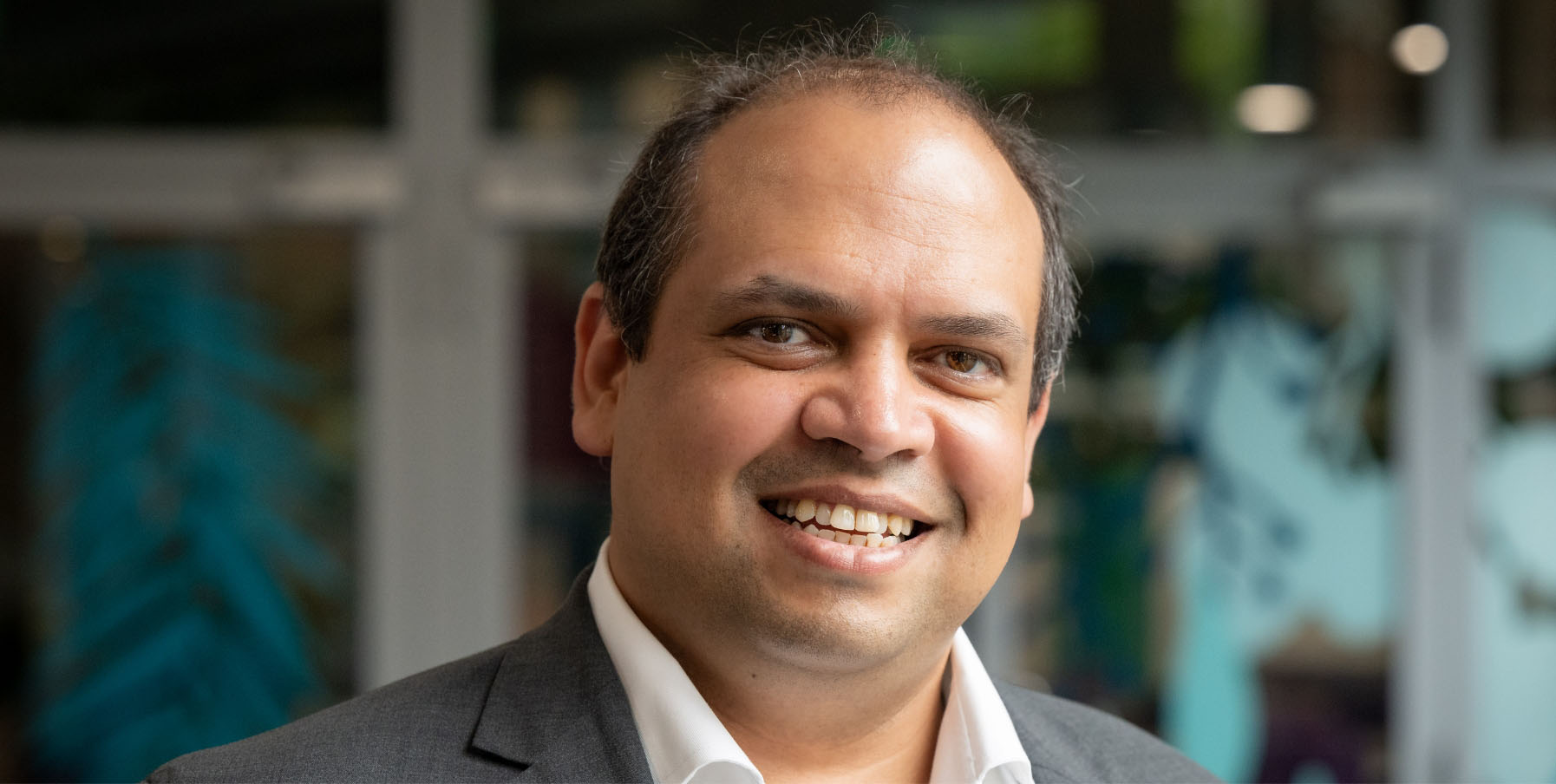“We can deliver policy-relevant research for the entire world”
An interview with Professor Matthew Agarwala
We recently sat down with Professor Matthew Agarwala, Professor of Sustainable Finance & Bennett Institute Chair, to interview him about his work and his involvement with the Bennett Institute at Sussex.

Tell us about some of your current areas of focus
I’m currently working across three domains. The first is developing 21st century measures of sustainability and economic progress. What information do people, businesses, and governments need to answer pressing economic questions and generate new economic insights? We go beyond GDP to encompass wellbeing, sustainability, risk, and resilience – ultimately, this is what will determine prosperity in the 21st century. I’ve been working with the UN, the World Bank, and governments around the world – including the Biden-Harris Administration – to help design and develop economic statistics that directly incorporate nature.
The second domain is productivity growth, which is the key to unlocking growth in living standards. What’s unique about my approach is that it explicitly incorporates nature. Conventional productivity analyses ignore pollution and the environment. But facing a legally binding net zero target, that’s just not good enough. We need productivity strategies that combine economic and environmental objectives. With growth at the top of the policy agenda, we’re redefining productivity to deliver not just better jobs, incomes and living standards, but a healthier, cleaner, more resilient planet as well.
Finally, my work in green finance uses AI-driven approaches to adjust measures of the creditworthiness – or riskiness – of government debt to reflect nature-related risks arising from biodiversity loss, ecosystem service loss, and climate change. This matters because at over $90tr, global sovereign debt is by far the world’s largest source of finance. It is the means through which countries invest in themselves, was the primary mechanism for Covid relief and recovery spending, and is the backstop financial asset to which markets and investors flee in times of turmoil. Continued nature-loss could have catastrophic consequences for national economies that would undermine their creditworthiness. This would (i) make it harder to service outstanding debt, (ii) make new debt more expensive, and (iii) destabilise the global financial system by increasing the riskiness of public debt. At present, these nature-related risks are completely ignored by the dominant measure of sovereign risk: the sovereign credit rating.
How do you see your work fitting into the context of the Bennett Institute at Sussex?
I believe I am the third longest serving Bennett academic in the world (behind only my friends and mentors Professor Dame Diane Coyle and Professor Mike Kenney at Cambridge). So I have a good understanding of the Bennett ethos – creating the space and academic freedom to play with new ideas in pursuit of the public good. I love the focus on policy and real-world application. For me, it’s what makes research meaningful. All three Bennett Chairs are focused on delivering the Sustainable Development Goals (SDGs) – a perfect fit for Sussex – and we see innovation and policy as keys to unlocking society’s potential.
Joining the Bennett Institute creates an opportunity to work with the brilliant teams and colleagues across the University of Sussex. The Institute of Development Studies here has a global reputation and reach. There is no development without a concern for nature. And so incorporating our work in environmental economics and sustainable finance into the development regime and collaborating with that strength here at Sussex is really exciting. We can deliver policy-relevant research for the entire world.
But I also think it’s significant that we’re doing this alongside SPRU and inside the Sussex Business School. Our economic and environmental goals can only be met by working with the business community. There’s so much expertise in SPRU and the business school – I think this place can change the world and I’d like to be part of it.




